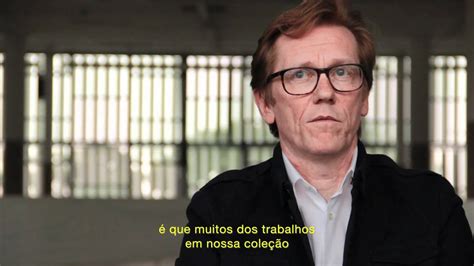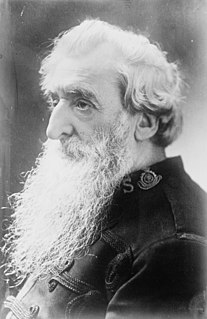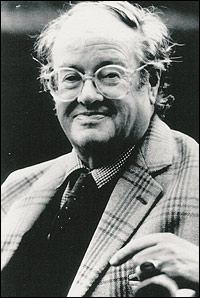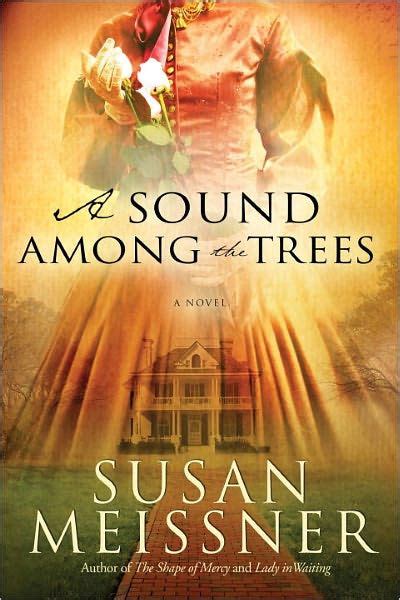A Quote by C. S. Lewis
Regarding the debate about faith and works: It's like asking which blade in a pair of scissors is most important.
Related Quotes
Artists have their existential questions as human beings, and they address these questions in their works. But they are also thinking in a broader sense when they participate in a social and political debate through their works. Often the most important voices of artists in the political and the social debate are focused on originality in their works. We can see this in historical pieces, like "Guernica" by Picasso. "Guernica" was an extremely important manifestation and critique against war, but it was important and powerful because it was also an incredibly original and powerful work of art.
The Holocaust most assuredly challenges any and all faith in God. Faith in humanity. Faith in nature. Faith in the future. I don't "tell" young people anything. I ask them to consider many things, particularly, their assumptions regarding their natural obligations to be loving towards all living beings. Many of my works - both literary and film - are fictional, like Codex Orféo. And that's because the genre has always allowed me to suggest things that are opinions, spiritual impulses and intuitions, not necessarily provable.
O, this faith is a living, busy, active, powerful thing! It is impossible that it should not be ceaselessly doing that which is good. It does not even ask whether good works should be done; but before the question can be asked, it has done them, and it is constantly engaged in doing them. But he who does not do such works, is a man without faith. He gropes and casts about him to find faith and good works, not knowing what either of them is, and yet prattles and idly multiplies words about faith and good works.
I like "Rock, Paper, Scissors Two-Thirds." You know. "Rock breaks scissors." "These scissors are bent. They're destroyed. I can't cut stuff. So I lose." "Scissors cuts paper." "These are strips. This is not even paper. It's gonna take me forever to put this back together." "Paper covers rock." "Rock is fine. No structural damage to rock. Rock can break through paper at any point. Just say the word. Paper sucks." There should be "Rock, Dynamite with a Cutable Wick, Scissors."
Sometimes asking God for a reason for something is like asking Him why the sky is blue. There is a complex, scientific reason for it, Claire, but most children, including you, are content with knowing it is blue because it is. If we understood everything about everything, we would have no need for faith.




































